Collaborative START Lab
Our Team
-
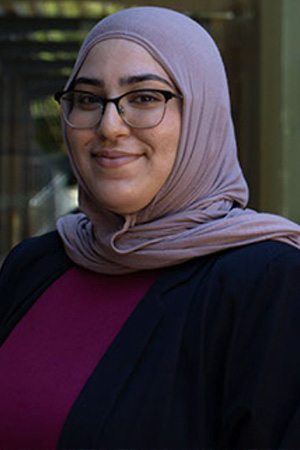
Hala Alkhatib, B.S.
Hala Alkhatib is a Ph.D. student in the Human Development Graduate Group at UC Davis, mentored by Aubyn Stahmer, Ph.D. She earned her Bachelor of Science in Psychology from UC Davis, along with a minor in Arabic. Hala’s doctoral research examines how religion and religious leaders influence Muslim parents’ understanding of autism, their pursuit of knowledge, and their access to services for their children. Her work aims to develop programs that enhance access to timely diagnoses and early intervention services for Muslim families. Hala is also involved in research studies such as the Mind the Gap Project and AIRB-4. Her responsibilities include coding videos to evaluate program fidelity, enrolling families, developing bi-monthly newsletters for participants, and coordinating meetings with community partners.
-
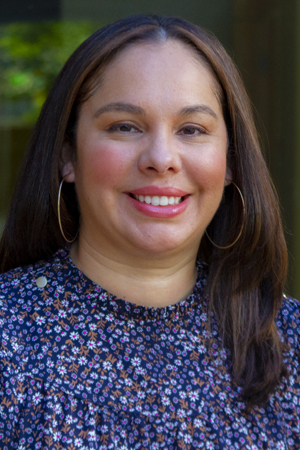
Vanessa M. Avila-Pons, M.A.
Vanessa Avila-Pons is the Treatment and Training Manager for the Collaborative Start Lab at the UC Davis MIND Institute. She has over 15 years of experience working with children with autism and their families. Since joining the MIND Institute in 2008, Vanessa has provided evidence-based treatments and led teams on multiple Autism Center for Excellence (ACE) grants. Vanessa is part of the Social Work faculty for the Northern California Leadership Education in Neurodevelopmental Disabilities (LEND) Program. In this role, she fosters community partnerships and supports trainee engagement in community-focused work. A Licensed Marriage and Family Therapist (LMFT), Vanessa earned her master’s degree in Counseling Psychology with a focus on Latino Counseling from Santa Clara University. She is also a certified Early Start Denver Model therapist, parent coach, and senior trainer.
-
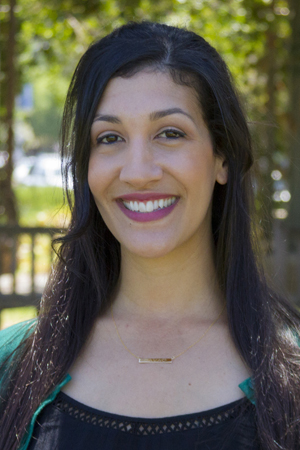
Rachel Balitsky, M.A., BCBA
Rachel Balitsky is the Team Leader for the Connecting the Dots Study and the Early Start Denver Model MIND Clinic program. In this role, she manages treatment programs, supervises Registered Behavior Technicians, and provides parent coaching. With 15 years of experience working with children with autism, Rachel is a certified Lead Trainer and Parent Coach for the Early Start Denver Model. She leads multiple training sessions each year and works closely with families to support young children with autism. Rachel holds a master’s degree in Teaching with a focus on Applied Behavior Analysis and is a Board Certified Behavior Analyst.
-
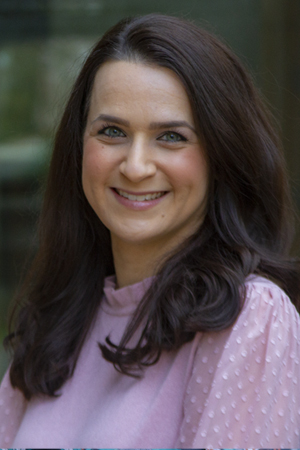
Amanda Casillas, B.A.
Amanda Casillas is a Clinical Research Coordinator for the Partnerships for Autism: Learning More to Improve Services (PALMS) Study. She has been part of the UC Davis MIND Institute for eight years, contributing to multiple research studies, primarily within the Collaborative START Lab. Amanda has extensive experience delivering evidence-based naturalistic developmental behavioral interventions, such as the Early Start Denver Model, to infants and toddlers on the autism spectrum. In her current role, Amanda recruits and enrolls participants for the study, oversees data collection and surveys, and helps manage the Collaborative START Lab’s intern program. She earned her Bachelor of Arts degree in Psychology from California State University, Sacramento.
-
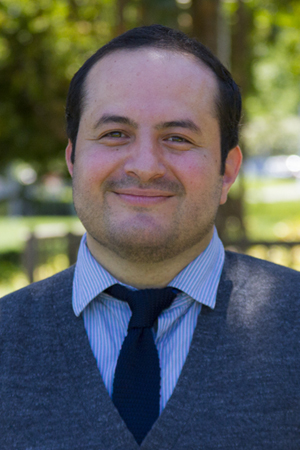
Walter Cervantes, B.A.
Walter Cervantes is the Case Coordinator and Senior Interventionist for the UC Davis MIND Institute Clinic Program using the Early Start Denver Model. He has been with the MIND Institute since 2011 and brings over 14 years of experience working with children with autism in both Spanish and English. Walter holds a Bachelor of Fine Arts degree and is a Registered Behavior Technician. He has delivered evidence-based treatments to children as part of several Autism Center for Excellence (ACE) grants. Walter has expertise in various intervention methods, including Discrete Trial Teaching and the Early Start Denver Model. In his role, Walter designs and implements interventions for children using the Early Start Denver Model and supports the training and supervision of new and current interventionists. He also serves as an approved translator for the EPICC Study, ensuring effective communication with Spanish-speaking families.
-
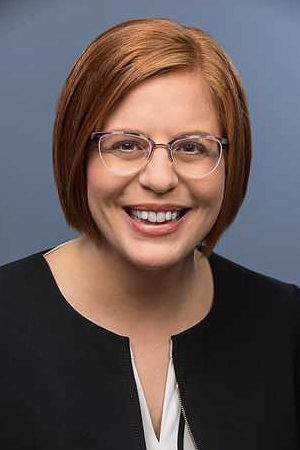
Sarah Dufek, Ph.D., BCBA-D
Sarah Dufek is an associate professor in the UC Davis Department of Psychiatry and Behavioral Sciences. She is a licensed psychologist and a board-certified behavior analyst specializing in diagnostic assessments and intervention services for individuals with autism across their lifespan. With over two decades of experience, Sarah has worked with children, adolescents, and adults with autism and related developmental disabilities in both clinical and research settings. She has particular expertise in caregiver coaching and naturalistic developmental behavioral interventions. Sarah’s research focuses on developing and implementing high-quality, evidence-based assessment and intervention practices for individuals with neurodevelopmental disabilities. She is especially dedicated to providing accessible and effective services for families who have historically faced barriers to care.
-
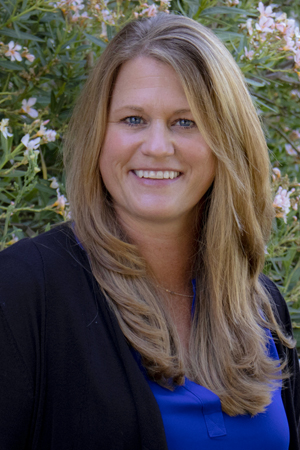
Amber Fitzgerald, M.A., BCBA
Amber Fitzgerald is the Director of Education Initiatives and a Project Manager at the UC Davis MIND Institute. She has a Master’s degree in Special Education, an Education Specialist teaching credential for students with moderate to severe disabilities, and is a Board Certified Behavior Analyst. Amber has worked with neurodiverse individuals and their families for 25 years in various settings. Amber manages the Mind the Gap program through the Autism Intervention Research Network on Behavioral Health (AIR-B 4) grant, collaborating with community agencies to help families with newly diagnosed children access services. She is also a certified trainer for Classroom Pivotal Response Teaching and Project ImPACT, an early intervention program that coaches parents. As a member of the MIND Institute ECHO team, Amber helps connect autism experts with providers in remote areas through tele-mentoring. She coordinates training for several programs, including the PATH Program, Promoting Accessibility to Healthcare, and the Medical Module Course on Intellectual and Developmental Disabilities in the Community, which is a partnership between the Center for Excellence in Developmental Disabilities and the UC Davis School of Medicine. Amber also helps coordinate the annual MIND Summer Institute conference.
-
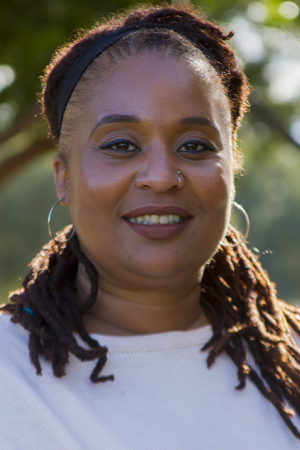
Deeniece Hatten, M.A.
As Operations Manager of the Collaborative START Lab at the UC Davis MIND Institute, Deeniece Hatten leads and supports teams under Aubyn Stahmer, Sarah Dufek, and Sally Rogers. With a Master's in Sociology from Arizona State University and 15 years of experience, she oversees the Early Start Denver Model Training, the PALMS Project, and the Collaborative START Lab.
-
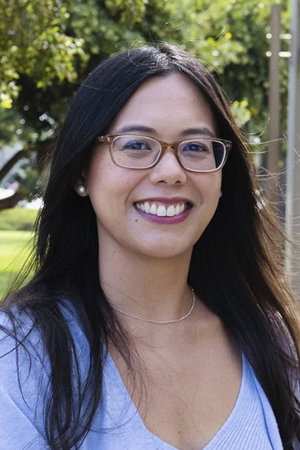
Cynde Katherine Josol, Ph.D.
Cynde Katherine Josol earned her doctorate in Special Education from Michigan State University. For the past 10 years, she has worked with individuals with intellectual and developmental disabilities in schools, clinical settings, and research labs. Cynde’s research focuses on improving the social outcomes of individuals with disabilities, particularly by identifying and addressing the factors that make it difficult to form and maintain positive friendships. Her published work includes studies on using video feedback to improve empathy skills in autistic adolescents and exploring the factors that affect friendships between adults with and without disabilities. Currently, Cynde is a postdoctoral trainee in the Collaborative START lab, where her work centers on implementation science and community-based research using culturally relevant methods and practices.
-
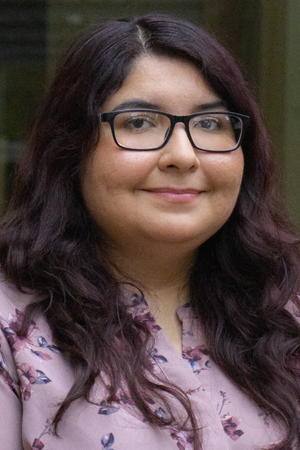
Lourdes Marizcal, B.A.
Lourdes Marizcal works as a coordinator for the TEDI and TEAMS Studies in the Collaborative START Lab. She graduated from UC Berkeley with a bachelor’s degree in psychology and gained experience volunteering in research labs. Lourdes later became an intern at the Collaborative START Lab, where she observed videos of teachers using Classroom Pivotal Response Teaching in the classroom and evaluated their implementation for the TEAMS Study. Her main research focus is exploring how evidence-based practices can be used to support individuals on the autism spectrum and their families, especially those from underserved communities.
-
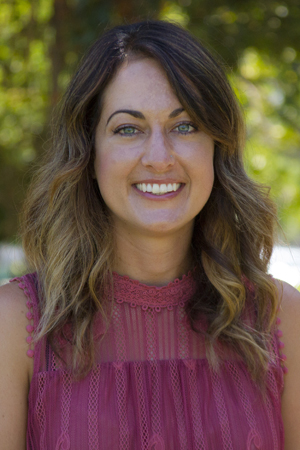
Mel Mello, Psy.D., BCBA
Mel Mello is a licensed psychologist and board-certified behavior analyst at the MIND Institute and a certified therapist and trainer in the Early Start Denver Model, Classroom Pivotal Response Teaching, and Parent Child-CARE. As a provider in Project ImPACT, Cognitive Behavior Therapy, and other therapeutic methodologies, Mel brings more than 18 years of experience working with autistic children and their families. Her dissertation focused on inequitable access to therapeutic services among marginalized populations. Passionate about bringing evidence-based practices to underserved communities, Mel is committed to applying neurodiversity-affirming care.
-
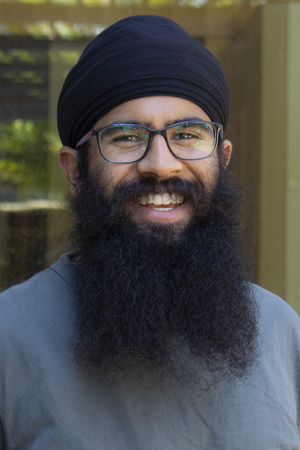
Deepinder Nagra
Deepinder is a clinical research coordinator in the Collaborative START Lab. After earning his undergraduate and master’s degrees at the University of California, Davis, he has been involved in clinical research focused on developing new interventions for depression and anxiety. His research interests include finding culturally specific interventions for depression and anxiety, both at the community and individual levels. Deepinder is also passionate about reducing the stigma around autism and other disabilities.
-
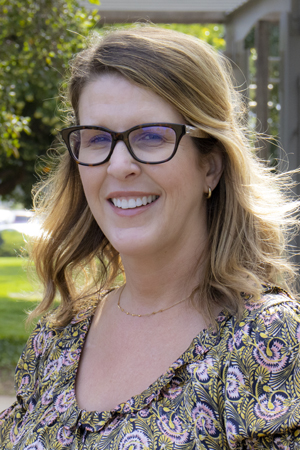
Marie Rocha, Ph.D., BCBA-D
Marie Rocha is the manager of the Early Start Laboratory and the Early Start Denver Model Training Program at the UC Davis MIND Institute. In her role as lab manager, she supports and supervises the research study teams led by Sally Rogers and Aubyn Stahmer. As the manager of the training program, Marie oversees workshops and certification for therapists, trainers, and parent coaches worldwide. The goal of the training program is to make evidence-based practices accessible to organizations and professionals working with young children with autism and their families. This is achieved through workshops, certification programs, and ongoing support for certified therapists, parent coaches, and trainers around the world. Marie is a certified Early Start Denver Model therapist, parent coach, and senior trainer, and she leads several training workshops each year. With over 15 years of experience using behaviorally based, evidence-based autism intervention methods in community settings, she also provides behavior analytic supervision to the clinical team. Her research focuses on developing and evaluating naturalistic behavior analytic techniques, including parent education models. Marie’s clinical experience includes supervising home and school-based behavioral intervention programs in both research and community settings. She earned her master’s and doctorate in Psychology from the University of California, San Diego, and has worked with Sally Rogers since 2008.
-
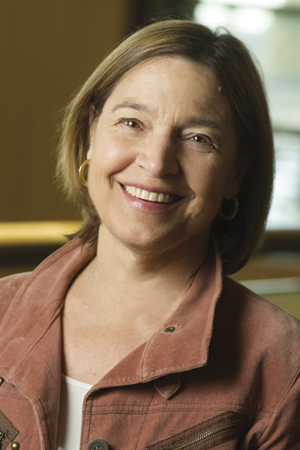
Sally J. Rogers, Ph.D.
Sally Rogers is an expert in research on autism and other developmental disabilities, with a focus on young children with autism and their families. Her research examines early development, including imitation, social communication, motor skills, language, and social interaction patterns. She is currently focused on improving treatments for early autism through a model she developed with Geraldine Dawson, called the Early Start Denver Model. Sally travels worldwide to train therapists in using this model to support children and families. Sally leads several major research projects funded by federal grants, including an NIH-funded study comparing the Early Start Denver Model with other interventions, a project that helps parents use Early Start Denver Model techniques at home, and a postdoctoral training program she directs with David Amaral. Her clinical interests include evaluating cognitive, behavioral, social, emotional, and adaptive functioning, as well as developing early interventions for children with autism, treatment programs for individuals of all ages, and social skills groups for adults with autism. Sally has written extensively in her field, authoring numerous articles, books, and training videos. She serves on the editorial boards of publications like Autism Research, Journal of Autism and Developmental Disorders, and Infants and Young Children, and reviews for top journals, including Child Development, Developmental Psychology, and Science.
-
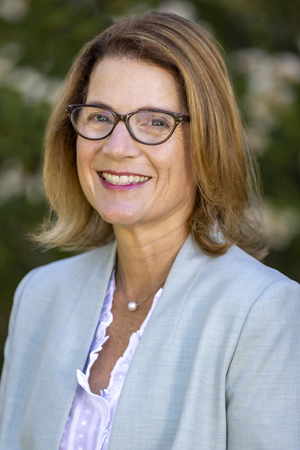
Aubyn Stahmer, Ph.D.
Aubyn Stahmer is a professor in the Department of Psychiatry and Behavioral Sciences and the Executive Director of the UC Davis MIND Institute. She is an expert in the translation of evidence-based autism research to community-based practice and delivery. The main goals of her research include developing ways to help community providers, such as teachers and therapists, provide high quality care for autistic children and their families. She leads several grants funded through the National Institute of Mental Health and the U.S. Department of Education that involve adapting evidence-based practices for children with autism in collaboration with teachers and community providers. Most of her work is done in collaboration with community partners who shape the research questions and goals with the academic team.
-
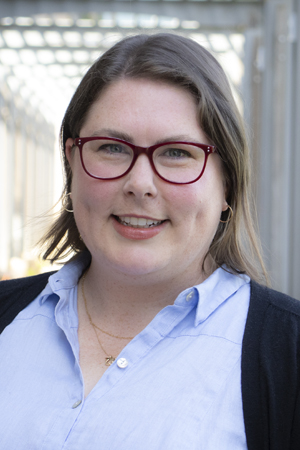
Meagan Talbott, Ph.D.
Meagan Talbott is a developmental psychologist and an Assistant Professional Researcher in the Department of Psychiatry and Behavioral Sciences. She received her Ph.D. from Boston University and subsequent T32-funded post-doctoral training through the Autism Research Training Program at the UC Davis MIND Institute. Her research focuses on early communication and language development in infants at-risk and toddlers with autism, with the overall goal of improving early identification and targeted treatments. Her current research projects include an NIH-funded project developing a distance-based telehealth screener and assessment of autism symptoms and infant development and a NARSAD Young Investigator Grant examining neurobiological correlates of communication development in toddlers with autism participating in early intervention studies.
-
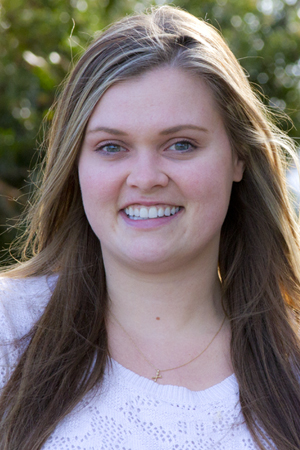
Sarah Vejnoska, Ph.D.
Sarah Vejnoska is a postdoctoral scholar at the UC Davis MIND Institute. She received her Ph.D. in psychology from Davis in 2022. Her doctoral dissertation, funded by the National Institute of Child Health and Human Development, focused on studying the essential components of interventions designed to help toddlers on the autism spectrum and how caregivers can best support their toddlers. She has more than ten years of experience working on research projects that partner with community members and aim to improve quality of life for individuals on the autism spectrum and their families. Her interests include bringing evidence-based practices to underserved communities and implementing effective neurodiversity-affirming interventions.
-
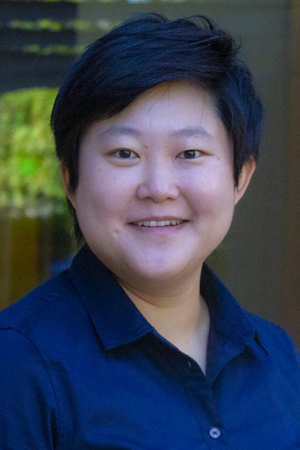
Yue Yu, Ph.D.
Yue Yu is an Assistant Professor in the Department of Psychiatry and Behavioral Sciences and a licensed clinical psychologist at the MIND Institute and UC Davis Health. She received her Ph.D. in Clinical Psychology from Indiana University - Purdue University Indianapolis and completed her clinical psychology internship at Charleston Consortium - Medical University of South Carolina and finished her postdoctoral training at the UC Davis MIND Institute. She has over 10 years of experience working with children with autism and their families in both research and clinical contexts. Her research interests include well-being in caregivers of autistic individuals and supporting caregiver engagement in autism interventions in community settings.

